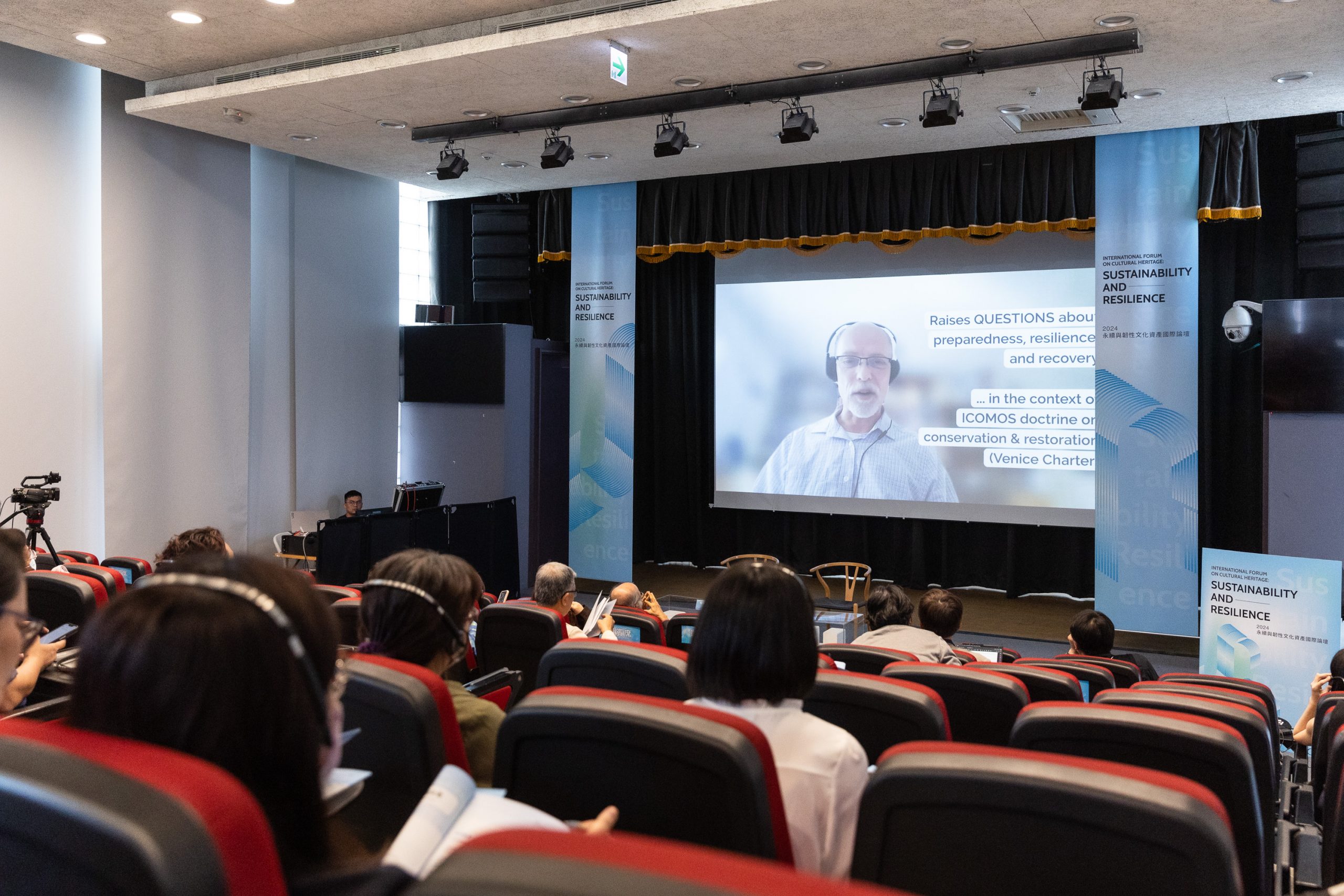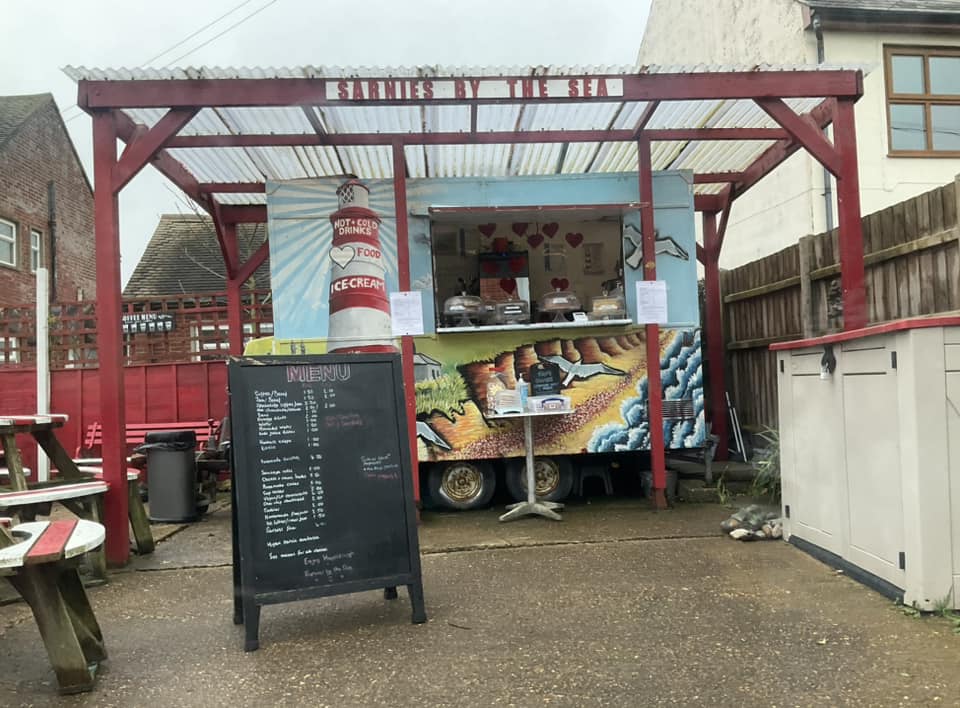Embracing Change
2024-04-18
I presented a keynote lecture entitled “Embracing Change: Cultural Heritage and Regeneration” for the 2024 International Forum on Cultural Heritage: Sustainability and Resilience hosted by the Asian Network of Industrial Heritage in Taiwan.

The event was part of the 2024 International Day of Monuments and Sites on 18 April, this year dedicated to the theme “Disasters and Conflicts through the Lens of the Venice Charter”. The forum aimed to explore sustainable practices and the resilience and adaptability of cultural heritage in the face of contemporary challenges.
The audience comprised 55 participants on site and additional 70 participating online via Facebook on Youtube.
My talk in the session on Sustainability and Futures focused on the following issues:
“Disasters and conflicts are the outcome of societal failures to take sufficient precautions, respond adequately to emerging events, or behave appropriately peacefully towards each other. Their impact is perceived as worse if acceptance of change is low. I argue that all this can be improved by an updated perception of (world) cultural heritage that is based on concepts of renewal and regeneration rather than conservation and restoration, as it is, for example, still advocated in the 1964 Venice Charter. Narratives of change over time, exemplified by ever-changing cultural heritage, are likely able to improve resilience and preparedness for transformations in future societies. They can also facilitate a new more pan-human or indeed post-human understanding of our shared world. As Tim Ingold (2024) wrote recently, cultural heritage should not be seen as an inheritance to be transmitted from one generation to the next but as a living and perduring process of continuous renewal generating social life under varying circumstances over time.“




[…] The new funding for this and a number of additional smaller projects, means that the Climate Heritage Network is…
[…] Chair on Heritage Futures « Culture, cultural heritage and COP26 […]
[…] mer på Unescoprofessurens blogg http://blogg.lnu.se/unesco/?p=1061 Besök Öland 2050! […]